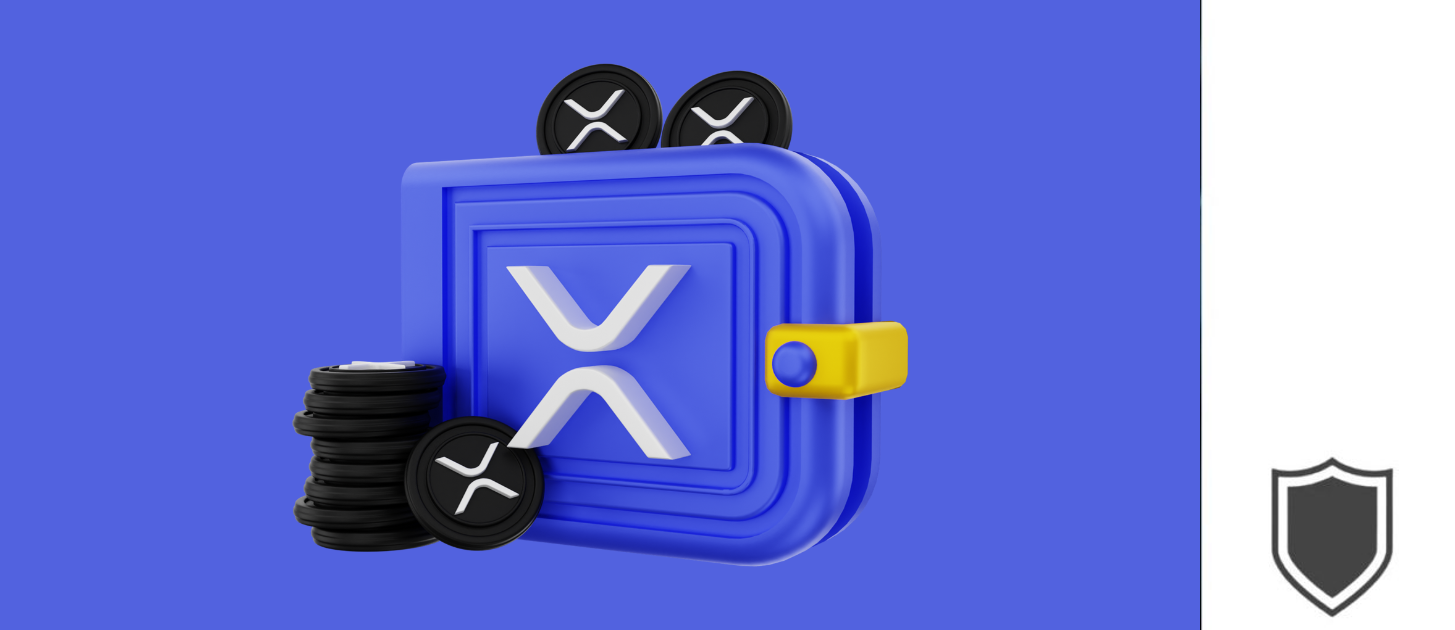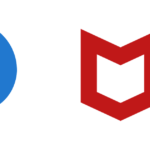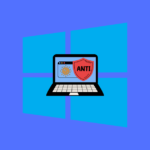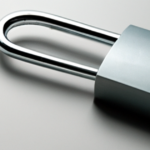XRP serves as a digital currency created for financial transactions, supported by the blockchain technology of the XRP Ledger (XRPL), renowned for its swift transaction times and low fees. Consequently, it’s essential for XRP holders to find a reliable and safe wallet for the management and storage of their digital assets.
Our top picks for crypto wallets to store XRP are as follows: Edge Wallet, Exodus Wallet, Atomic Wallet, Trust Wallet, Ledger Nano X.
In the world of cryptocurrency, wallets play a crucial role in ensuring that your digital assets are not only safe but also easily accessible. There are various options available, each with their strengths and weaknesses. The best XRP wallets balance security, functionality, and ease of use, catering to the needs of both beginners and seasoned investors alike. By understanding the fundamentals of XRP wallets, you can make an informed decision on which option best suits your specific investing and trading requirements.
Key Takeaways
- Ripple (XRP) is a popular digital asset supported by a fast and low-fee blockchain.
- Secure and reliable XRP wallets are vital for managing and storing your investments.
- The best wallets offer a balance of security, functionality, and ease of use for various users.
Table of Contents
Understanding XRP and Cryptocurrency
In the world of digital currencies, XRP stands out as one of the prominent cryptocurrencies. Developed by Ripple Labs, it is known for its quick transaction times and low fees, making it an attractive option for both individuals and businesses.
As you may know, cryptocurrencies are digital assets designed to serve as a medium of exchange. They use cryptographic techniques to ensure secure transactions and control the creation of new units. Ripple (XRP) is one such cryptocurrency with a vast potential in the financial industry. Its core purpose is to facilitate seamless cross-border transactions, and it has gained significant attention from financial institutions worldwide.
XRP operates on the XRP Ledger (XRPL), an open-source, decentralized blockchain technology that provides a fast and efficient transaction infrastructure. This network enables you to perform international transactions almost instantaneously and at a fraction of the cost of traditional methods. Moreover, XRP is an environmentally friendly crypto option as it consumes less energy than other popular cryptocurrencies like Bitcoin.
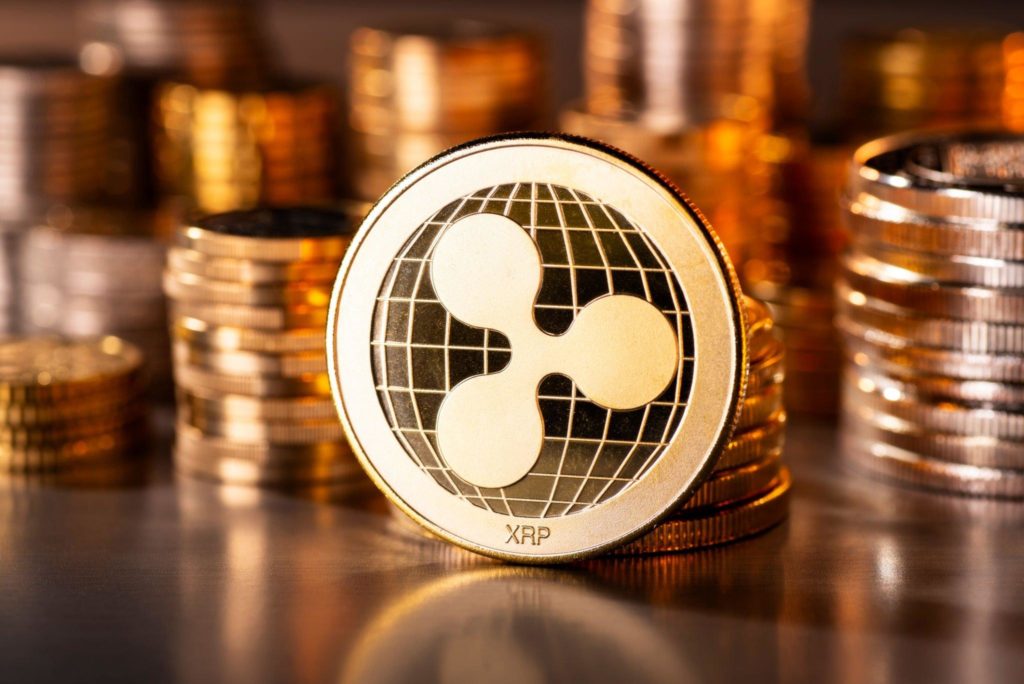
Fundamentals of XRP Wallets
When choosing an XRP wallet, it is important to consider the different types available and their unique features. This will help you make an informed decision on which wallet best suits your needs for storing and transacting with Ripple (XRP).
There are two main categories of wallets: hardware wallets and software wallets.
Hardware wallets are physical devices that store your private keys offline, providing a high level of security. Some popular hardware wallets for XRP include the Ledger Nano X, Ledger Nano S, and Trezor hardware wallet. These wallets often feature additional security measures such as 2-factor authentication, multi-signature capabilities, and even Bluetooth connectivity or touchscreens for ease of use.
On the other hand, software wallets can be installed on your desktop or mobile device.
Another option for storing XRP is paper wallets. These wallets consist of a printed copy of your private keys, keeping it offline and less vulnerable to hacking. However, paper wallets can be easily damaged, so proper storage and handling are crucial.
When evaluating an XRP wallet’s security, some essential factors include 2-factor authentication, multi-signature capabilities, and cold storage options. Cold wallets, or wallets that store your private keys offline, help minimize the risk of cyber attacks and provide a secure way to keep your XRP safe.
Popular XRP Wallet Options
| Wallet Name | Type | Main Features | Best For |
|---|---|---|---|
| Edge | Software (Mobile) | – User-friendly – Supports multiple cryptocurrencies | Those who want an easy-to-use app. |
| Exodus | Software (Desktop & Mobile) | – Clean interface – Built-in exchange – Supports 100+ assets | Those who use both computer and phone. |
| Atomic Wallet | Software (Desktop & Mobile) | – Supports multiple cryptocurrencies – Decentralized – Built-in exchange | Advanced users who trade often. |
| Trust Wallet | Software (Mobile) | – Supports multiple assets, including tokens – User-friendly | Mobile users with diverse crypto assets. |
| Ledger Nano X | Hardware | – Offline storage – Very secure – Supports multiple cryptocurrencies | Those who want the highest security. |
When choosing an XRP wallet, safety and functionality should be among your top priorities. Let’s take a look at some popular options to help you find the best fit for your needs.
Edge is a user-friendly and secure wallet that supports multiple cryptocurrencies, including XRP. It is a mobile wallet available for iOS and Android devices, providing you with full control over your private keys and easy transaction management.
Exodus is another popular multi-currency wallet supporting XRP and over 100 other assets. This software wallet is available for desktop and mobile, offering a clean interface, built-in exchange functionality, and 24/7 customer support.
The Atomic Wallet is a feature-rich option for storing XRP, as well as other cryptocurrencies. This wallet allows you to manage your assets in a decentralized manner, with a built-in exchange function. It is available on multiple platforms, including desktop and mobile devices.
The Ledger Nano X is a highly secure hardware wallet that stores cryptocurrencies offline and supports multiple assets, ensuring safe transactions and storage.
If you are an Ethereum-based enthusiast, you may be familiar with MetaMask. While this wallet is primarily known for its Ethereum and ERC20 token support, it also works with Ripple (XRP) through its compatibility with the Binance Smart Chain network.
When selecting a wallet for your Ripple (XRP) needs, consider the features that matter most to you, including security, user experience, and compatibility with other cryptocurrencies. The options mentioned above are just a few of the many available, so take your time and choose wisely.
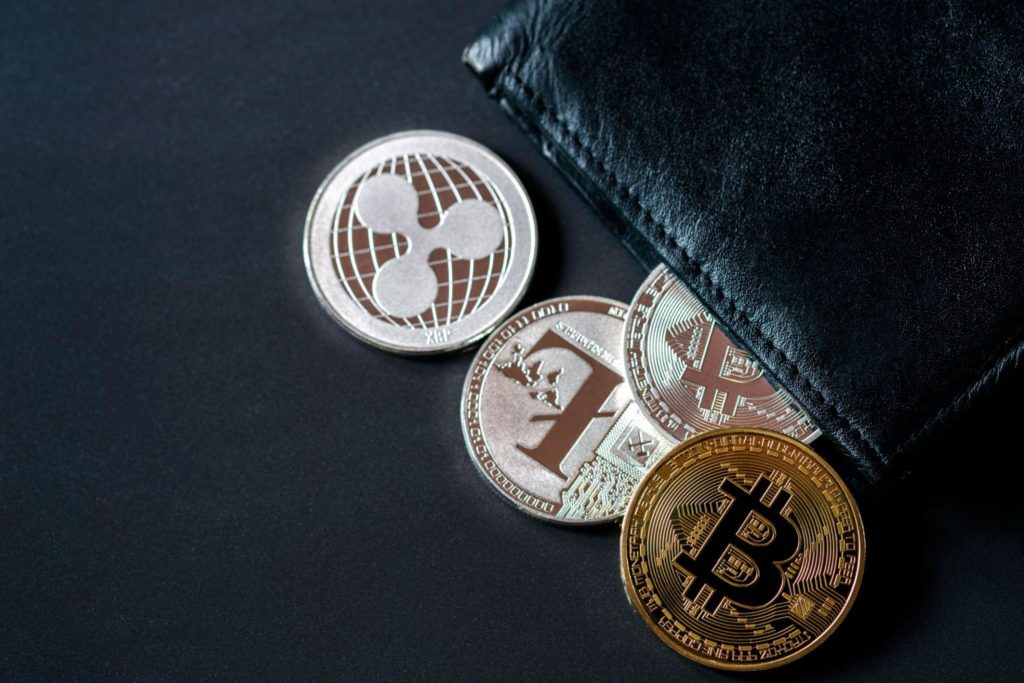
Investing and Trading in XRP
In 2023, the world of cryptocurrency continues to evolve, and XRP remains a popular option for investors and traders. If you’re interested in investing or trading XRP, here are some key points to help you navigate the process.
First, you’ll need to choose a reputable cryptocurrency exchange. My favorite is Coinbase. These platforms allow you to buy and sell XRP with ease. As you evaluate different exchanges, consider factors such as trading volume, fees, and security features. Some well-known cryptocurrency exchanges where you can trade XRP include Binance, Coinbase, and Bitstamp.
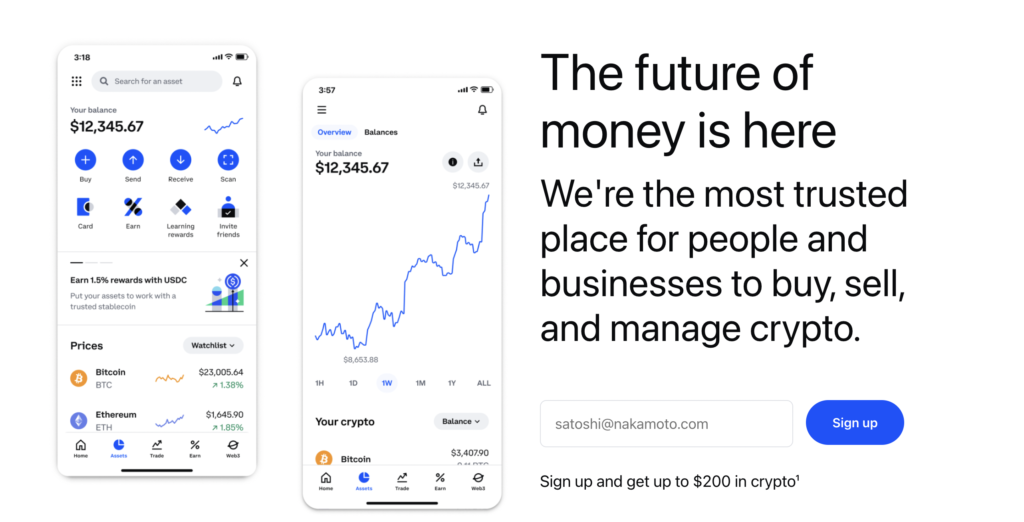
Lastly, remember that the cryptocurrency market can be volatile, so it’s essential to keep a level-headed approach when trading and investing. Stick to your chosen strategies and avoid making impulsive decisions based on rumors or unverified information.
Frequently Asked Questions
What are the top secure wallets for storing XRP?
There are several secure wallets available for storing your XRP. These include both hardware wallets like Ledger Nano X and software wallets like Exodus. Prioritize wallets that offer strong security features, like two-factor authentication and cold storage.
Which hardware wallets are recommended for XRP storage?
Hardware wallets provide an additional layer of security by storing your cryptocurrencies offline. The Ledger Nano X and Trezor are two of the most popular and secure hardware wallets recommended for storing XRP safely.
How to create an XRP paper wallet?
Creating an XRP paper wallet involves generating a public and private key pair, then printing them on a piece of paper for safekeeping. Utilize a trusted XRP paper wallet generator, such as XRP Paper Wallet. Ensure your computer is secure and free from malware, then disconnect it from the internet during the process to minimize the risk of exposure.
What features should be considered for choosing an XRP wallet?
When choosing an XRP wallet, consider factors like security, ease of use, compatibility, and supported currencies. Wallets that offer two-factor authentication and cold storage are generally more secure. Additionally, you may want a wallet with a user-friendly interface, compatibility with your device, and support for multiple cryptocurrencies if you plan to diversify your holdings.
How do I set up an XRP wallet safely?
To set up an XRP wallet safely, follow these steps:
- Choose a reputable wallet, considering factors like security, ease of use, and compatibility.
- If using a hardware wallet, ensure your device is genuine and not tampered with.
- Keep your wallet’s recovery phrase or seed words in a secure, offline location.
- Enable two-factor authentication if it’s available.
- Regularly update your wallet software to maintain its security.
What are some popular XRP wallet apps?
Popular XRP wallet apps include Edge Wallet, Exodus Wallet, Atomic Wallet, Trust Wallet, Ledger Nano X These wallet apps offer user-friendly interfaces and security features like two-factor authentication, making them suitable for both beginners and experienced users alike.
- Amazon Email Phishing: How to Identify and Avoid Scams - May 11, 2025
- Malwarebytes vs McAfee: Decoding the Ultimate Antivirus Battle - May 11, 2025
- Best Antivirus for Windows 10: Expert Recommendations for 2023 - May 11, 2025
